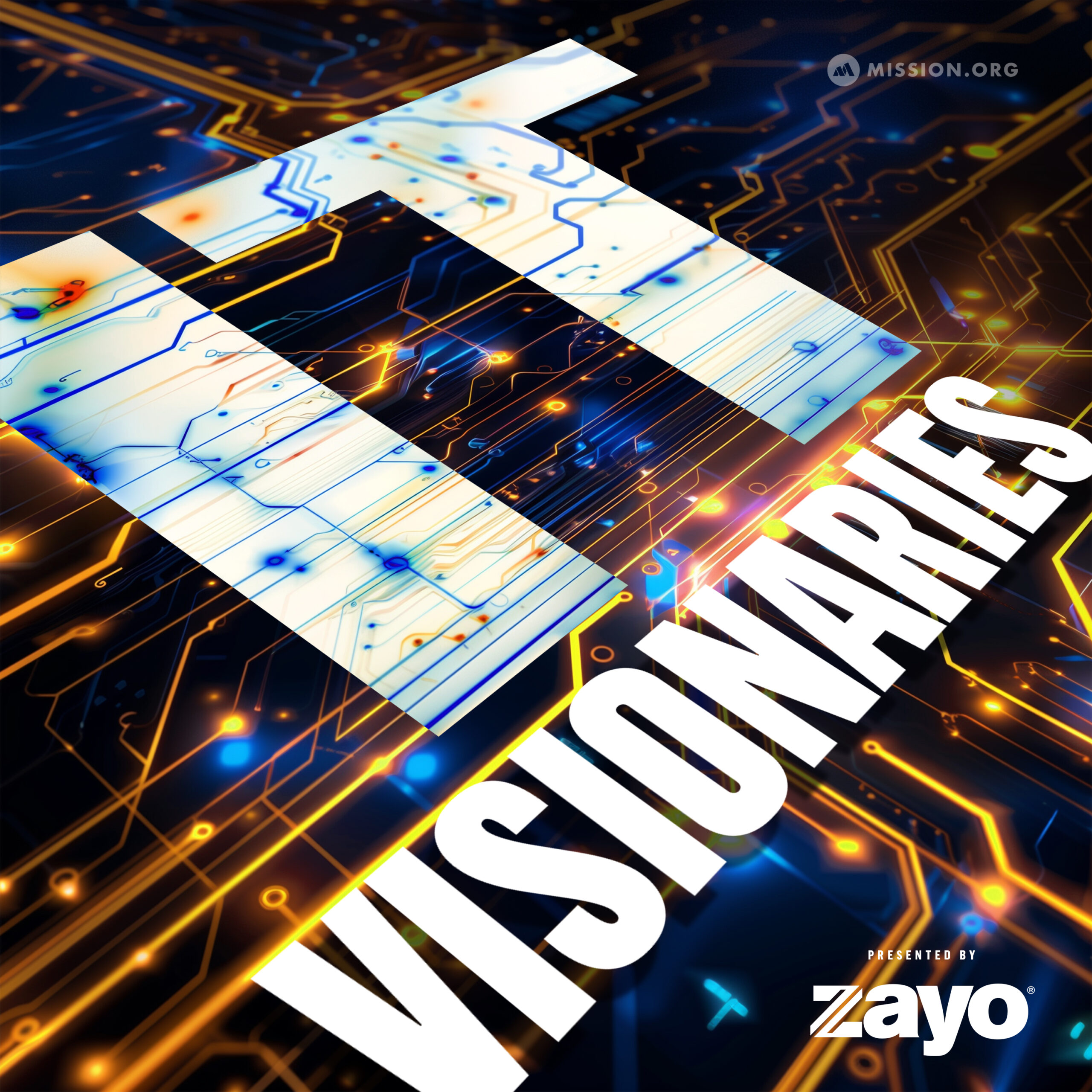AI and machine learning are part of the solution in many cybersecurity products. The issue is that machine learning tends to take a lot of time. Cyber threats are moving quickly so computers need to learn fast to stop them. Chuck Everette, the Director of Cybersecurity Advocacy at Deep Instinct, breaks down the difference between machine learning and deep learning.
Main Takeaways
- Deep Learning Versus Machine Learning: As Everette describes the difference, machine learning is about a human delivering items alongside their classifications to a computer; whereas with deep learning, a computer is able to determine these classifications by itself. Deep learning, therefore, according to Everette’s description, can reduce the human role in the learning process while also increasing the learning speed for the computer. Though this technology has applications in security, certainly deep learning can have a profound impact across a range of applications.
- Weaponized AI: Everette tells the scary truth that attackers are now so sophisticated that they are using their own AI as a weapon, and that these attackers are “more patient these days.” This reality means that defenders have to keep upping their game to thwart these attacks. In any industry, it’s wise to remember that just because you are pressing an advantage, it doesn’t mean your adversary isn’t doing the same thing.
- From Games to Cybersecurity: Reflecting back on his career, Everette points to a love of gaming as his initial step toward cybersecurity. Although he had a winding career path from a love of games to cybersecurity, it is interesting to consider how one passion, that others might even disregard, can eventually lead to an entire career.
For a more in-depth look at this episode, check out the article below.
Article Notes
AI and machine learning are part of the solution in many cybersecurity products. The issue is that machine learning tends to take a lot of time. Cyber threats are moving quickly so computers need to learn fast to stop them. Chuck Everette, the Director of Cybersecurity Advocacy at Deep Instinct, broke down the difference between machine learning and deep learning.
“So for machine learning…if you’re going to take a car and you’re going to categorize it [and] break it down to parts and pieces, you have to go through and say, ‘These are wheels. This is a body. This is a bumper. This is a window,’” Everette said. “You have to break it down, categorize that, [and] start feeding it into the model. And then after a while, it will start picking up on that. You show it a picture of a car and it’ll be able to break it down: wheels, this, that, and even then start telling the difference between a truck and a car. Just don’t throw in an El Camino; you’ll confuse the heck out of it…And it uses very limited data sets and…what’s called supervised learning. You can even do unsupervised learning and that’s after it’s kind of gotten picked up. Where deep learning goes in and literally you start feeding pictures in and it actually self categorizes. It starts picking it up within a matter of hours and days. It takes its accuracy from being 10, 15% to over 99% within three, four days of doing that.”
On a recent episode of IT Visionaries, Everette contended that deep learning is essential to help ward off cybersecurity attacks. According to Everette, video games were his initial entry point into cybersecurity as a career path. Let this be a reminder to all the parents out there – video games are not a waste of time.
Right off the bat, Everette laid out Deep Instinct’s mission.
“Deep instinct is a cyber vendor that specializes in deep learning and applying it to cyber security,” Everette said. “Currently, we’re on the endpoint market. And basically what we do is we’ve taken AI to the next level, looking at unknown threats [and] stuff that’s never been seen before and applying what’s called our brain or our algorithm. We’re able to detect and stop threats, just like the human brain would. We can identify it, stop it, [and] prevent it from even hitting this system sub 20 milliseconds. So, it’s kind of taking machine learning to that next level.“
According to Everette, machine learning needs a boost because attackers are now weaponizing AI for their sinister purposes.
“It’s getting more sophisticated,” Everette said. “We’re seeing it where nation-states, their tools that they’re using, like we’ve seen from the NSA tools, from the Snowden, as well as to Russia, the SolarWinds, as well as other ones, we’re seeing those toolkits getting into the hands of the common criminal gangs and they’re utilizing those out. A lot of times, a breach comes out [and] it’s reversed engineered, and they’ve added that in. We’ve also seen now where cybercriminals are actually running their own machine learning – what we’re calling ‘Adversarial AI.’
Everette is obviously very passionate about cybersecurity. It’s always fascinating to find out what first piqued someone’s interest in a particular area.
“In college, I was [a] big-time geek,” Everett said. “I’ll date myself here, thin nets, basically we were doing networks throughout the campus; running coaxial cables and terminators, that type of stuff, [and] playing Duke Nukem and Warcraft back in the day [and] doing local LANs. [The] school ended up putting in a LAN and we helped talk to them and built it out. Next thing you know, I’m running the program in college.”
Of course, those college days were only the early stages in Everette’s career.
To hear more about how Everett’s cybersecurity career developed and how Deep Instinct is using deep learning to help thwart cyberattacks, check out the full episode of IT Visionaries!
IT Visionaries is brought to you by The Salesforce Platform. If you love the thought leadership on this podcast, Salesforce has even more meaty IT thoughts to chew on. Take your company to the next level with in-depth research and trends right in your inbox. Subscribe to a newsletter tailored to your role at Salesforce.com/newsletter.




